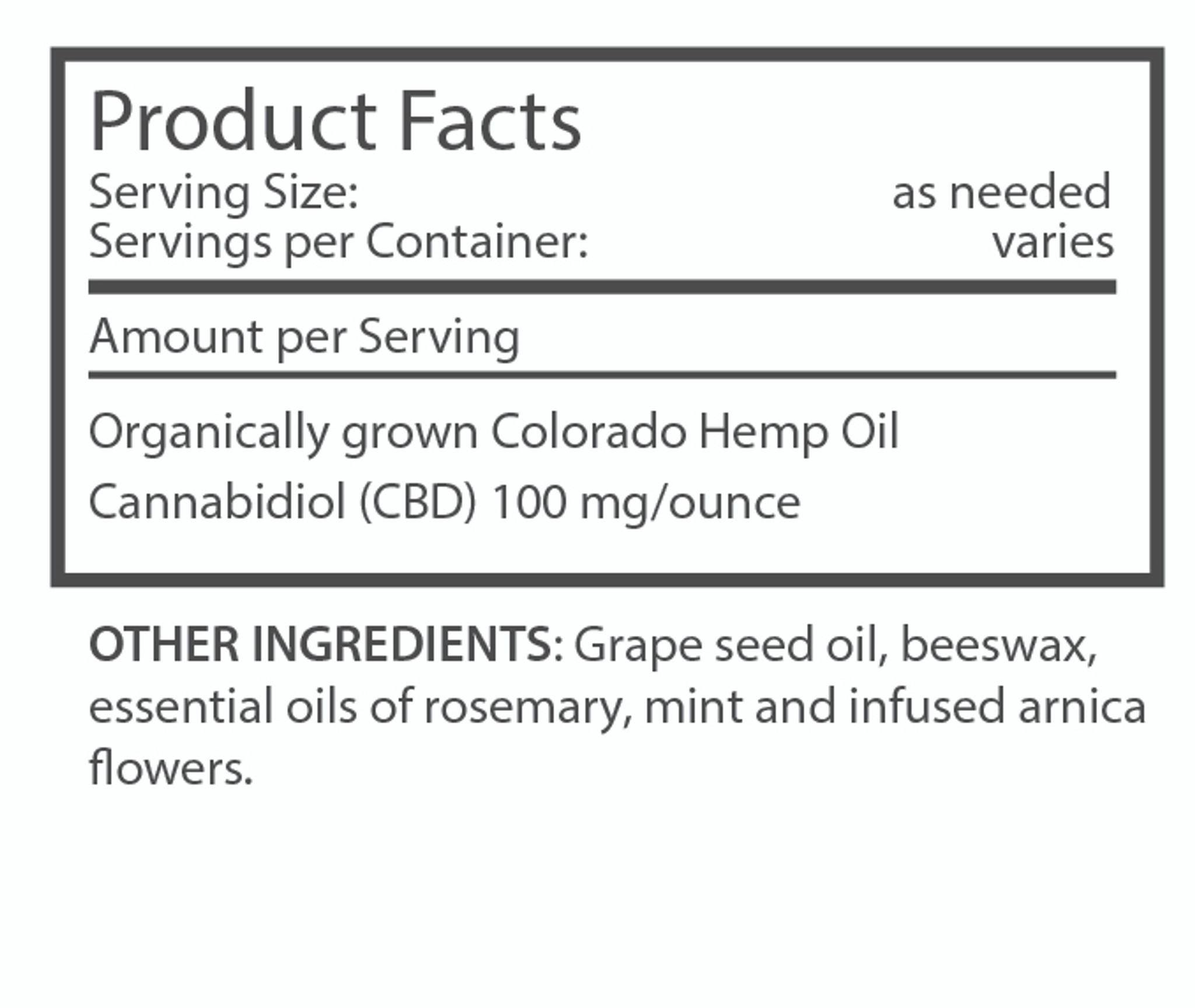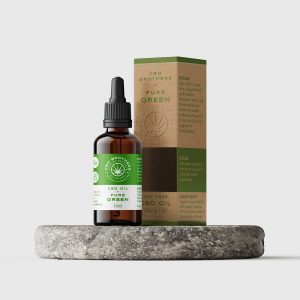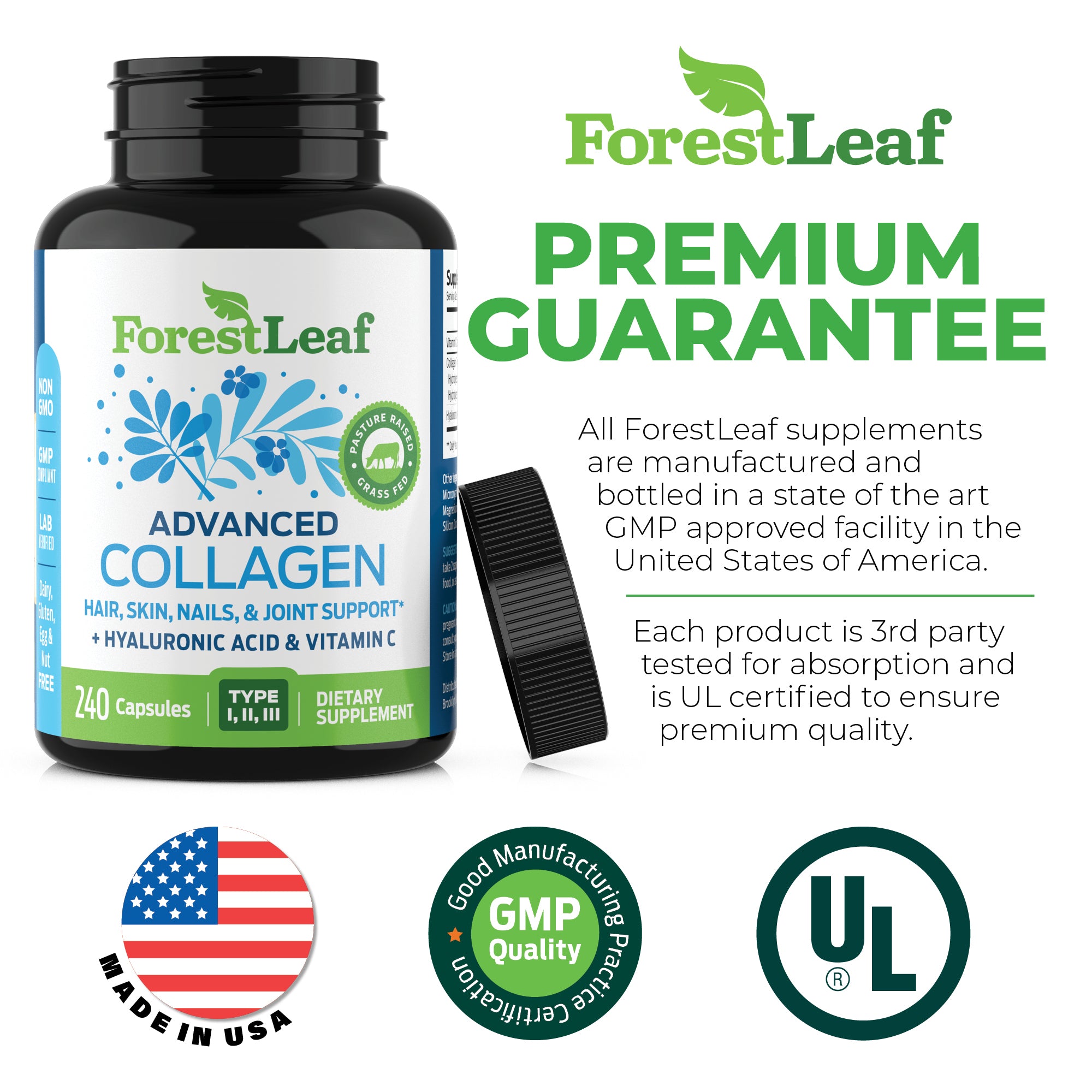
CBD is an effective treatment for fibromyalgia. CBD can be used to treat fibromyalgia symptoms. Did you know that CBD can also be used to treat anxiety? In fact, 78% of patients who took CBD reported that it improved their quality of sleep and anxiety. What amount of CBD should you consume to reap the health benefits from this plant-based medicine?
Cannabidiol
CBD, or cannabidiol is an important cannabinoid, that has been proven to ease pain in many people with fibromyalgia. There is no way to determine the exact dose, but cannabinoids do seem to provide some relief. Recent research has shown significant improvements in some patients' symptoms.
Cannabidiol is a compound that can be extracted from cannabis plants. It contains very little tetrahydrocannabinol, the psychoactive component of marijuana. This cannabinoid interacts only with the receptors in the human endocannabinoid systems, which regulate a number of cognitive and physiological functions. CBD can be used in combination with pain medications for fibromyalgia to reduce the symptoms.

Endocannabinoid system
For centuries, people have been suffering from fibromyalgia. Over time, treatments have improved dramatically. However, it is still not known what the best CBD dose to treat fibromyalgia. A few facts are known about the CBD system. It regulates many bodily functions. Research has shown it is important for maintaining balance in our bodies.
Medical cannabis has been shown effective in relieving chronic pain and treating certain rheumatic illnesses. To learn more about cannabinoids' effects on fibromyalgia, further research is needed. While some evidence indicates that cannabis may help fibromyalgia syndrome, it is important to remember that it is not a cure.
Pain relief
Studies have shown that CBD has analgesic qualities, which could explain the relief in pain associated with fibromyalgia. It is believed that this substance blocks the production of chemicals called neurotransmitters, which modulate and amplify pain sensations. FM patients experience more severe pain sensations. This can be due to an activation in glial cells which, in turn, changes the plasticity within the nervous systems. These medications may not be able or effective to relieve the pain sensation.
CBD can help with fibromyalgia symptoms, as well as chronic pain. Researchers discovered that CBD has the ability to interact with different receptors throughout the body. CBD has been shown to affect the levels of opioid and serotonin, which are crucial for controlling pain perception. CBD may be helpful in the reduction of pain signals for patients with fibromyalgia.

Sleep
Although side effects may occur when you take CBD in high doses, these are typically mild. Research on CBD only uses high-quality CBD oils, without any preservatives or synthetic additives. You may not experience adverse effects. Fibromyalgia, a chronic condition that causes widespread pain and discomfort throughout your body, is known as chronic pain. This can also lead to sleep problems or fatigue. Although there are no physical symptoms, stress can be a major factor in the development and progression of fibromyalgia.
It can be hard to manage this condition, and counseling may be necessary. There are several options for treating Fibromyalgia. Exercise can also help alleviate the symptoms. No matter if you use CBD oil, or another natural treatment for your pain, getting enough sleep every night can help improve your quality of your life and overall health.
FAQ
Can I use CBD during pregnancy?
The research on CBD use in pregnancy is still lacking.
Based on the limited information, however, it seems unlikely that CBD would cause harm for the baby.
It's important to note that CBD should not be taken by pregnant women unless recommended by their doctor.
The Food and Drug Administration published a warning about potential health risks when CBD is taken while pregnant.
FDA says there is evidence that cannabis usage during pregnancy can increase miscarriage risk.
According to the agency, more research is necessary before a firm conclusion can been drawn.
How can CBD products be promoted in a legal manner by CBD companies?
The FDA does NOT regulate hemp as an agriculture commodity. The Controlled Substances Act regulates all cannabis derivatives, including marijuana. CBD is not covered by any regulations.
CBD is legal at state level in 29 US states. Federal law considers it illegal. This creates uncertainty for businesses looking to sell CBD products.
The FDA also sets strict guidelines about how CBD products are promoted. To make sure that CBD products are clearly disclosed about their THC content, the FDA has established strict guidelines. Companies cannot claim CBD is effective in treating certain medical conditions without supporting evidence.
Additional information is required by the FDA regarding manufacturers' manufacturing practices, quality control measures, and other details. To demonstrate safety and efficacy, the FDA requires companies to perform clinical trials.
Companies should consider these factors when developing their own marketing strategies.
Is there a CBD industry that is growing?
Yes, it is! This growth is expected to continue as legalization expands across North America. Canada, which legalized recreational cannabis, has passed several medical marijuana laws.
As more states adopt legislation that allows medicinal marijuana access, this trend is likely to continue at least for the next decade.
Legalizing marijuana is also a good economic decision. Legalizing pot has many other advantages, including a new market that is lucrative for farmers.
It could reduce crime rates, by decreasing illegal drug availability. It could also provide a source of tax revenue for governments.
People may choose to drink less alcohol as legal marijuana becomes more popular. This would reduce the likelihood of having hangovers. It also means lower healthcare costs.
Patients with chronic pain might find that marijuana actually helps to improve their quality-of-life. Many believe that THC, which is the active ingredient of marijuana, can help relieve muscle spasms and nausea from chemotherapy.
The use of marijuana may be a useful tool in treating mental illness such as anxiety and depression. Some studies have shown that marijuana can treat schizophrenia.
The future is bright for CBD, but there are still many challenges ahead.
Are CBD companies a good idea?
It depends on what you're looking for in a solution to this question. They are great investments if you are looking to make money. However, if you are just looking to help others, I would say no. There are many other options available without spending $20k.
What are the most common mistakes companies make when they try to enter the US market for cannabinoid products?
It is easy to make a mistake by not knowing the regulations surrounding cannabis products. This could lead to you having to modify your product formulation.
Unskilled labeling is the second. Know whether your product contains THC, CBD or both.
Thirdly, you should understand how to package your product correctly. If your product contains THC you should ensure that it's packaged in child-resistant containers.
Even if your product doesn't contain THC, you must still comply with all packaging laws. There are many states in which cannabidiol is legal.
You should also keep track of recalls that may have occurred with your products. Customers should be notified as soon as possible if there are any issues with their product.
What does the future hold for the CBD Industry?
The future is bright for the CBD industry. It's easy to see why so many people are jumping on board with this sector. It's easy to see why this market is growing exponentially, with CBD products generating over $1 billion in global sales.
Statista estimates that worldwide cannabidiol sales will hit $22.4 billion by 2019. That's almost 200% more than in 2018!
Also, the CBD market is expected to grow at a compound annual rate of 22.5%. This would translate to almost $6.8 billion in revenues by 2022.
This is good news for both companies that want to enter the CBD market and those who are already in this sector. However, we must be aware that the CBD market is still very much in its infancy and will face some challenges along the way.
Statistics
- HR −16 mmHg; 95% CI −26, −6; I2 = 92%) (ncbi.nlm.nih.gov)
- OralWhere HED is the human equivalent dose, and Km is a correction factor estimated by dividing the average body mass (BM) of the species (60, 0.020, and 0.150 kg for 11 humans, mice, and rats, respectively) and by its surface area (see: Nair et al. (ncbi.nlm.nih.gov)
- A recent study [161] also found that in vitro CBD treatment (i.e., ≤ 2 h exposure to 10 μM) induced ~40% vasorelaxation in isolated (pre-constricted) (ncbi.nlm.nih.gov)
- As a substance that was federally illegal before the passage of the 2018 Farm Bill, hemp-derived cannabinoids with no more than 0.3% THC still face a regulatory grey area. (forbes.com)
- A recent systematic review of human trials also reported that individuals with epilepsy receiving CBD (5–20 mg·kg−1·day−1) were more likely to experience decreased appetite than those receiving placebo (i.e., ~20 vs. 5% of patients) (ncbi.nlm.nih.gov)
External Links
How To
What are the most common problems in the CBD industry?
The current market for CBD-based products is expanding at a phenomenal rate. There are many hurdles businesses face when trying to enter the CBD market. There are many challenges facing businesses looking to enter this space, including low consumer awareness, high costs of entry and limited access to capital.
Many people don't know much about CBD or how it works. This makes it difficult for consumers to make informed decisions on whether or not they want CBD products.
As a result, most CBD companies rely heavily on word-of-mouth marketing. This can be costly as it involves advertising and staffing to promote the brand.
The high production costs are another issue that new entrants to the CBD industry face. The raw materials needed to create CBD products are quite expensive. CBD oil can only be made if hemp is grown in the right climate and soil conditions.
To grow enough hemp for CBD oil production, it costs approximately $1,000 per acre. Because of this, many small farmers are unable to afford to grow enough hemp for CBD oil.
A lack of capital access is another problem that CBD market newcomers face. Many people who want to start a business are discouraged by banks due to the stigma associated with the industry.
Finally, there is regulatory uncertainty surrounding the sale of CBD products. There are no guidelines for how CBD products should market.
Some states have passed legislation restricting the sale of CBD products, but this has yet to become national policy.
Only Nevada, Maine, and Nevada have legalized recreational pot.
Massachusetts and Michigan, however, are exploring similar options.
These changes could mean that CBD manufacturers will be more competitive.
These factors are why many entrepreneurs prefer to work from home than open a physical store.